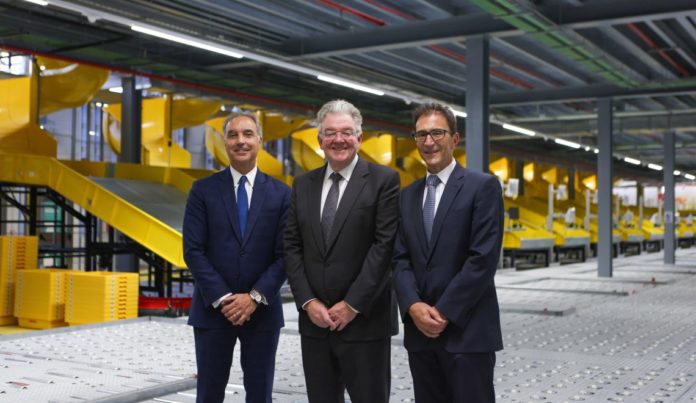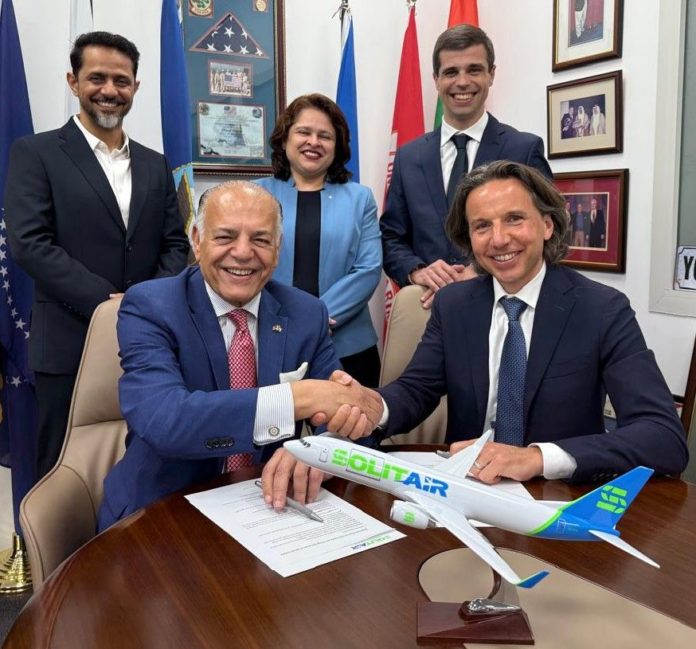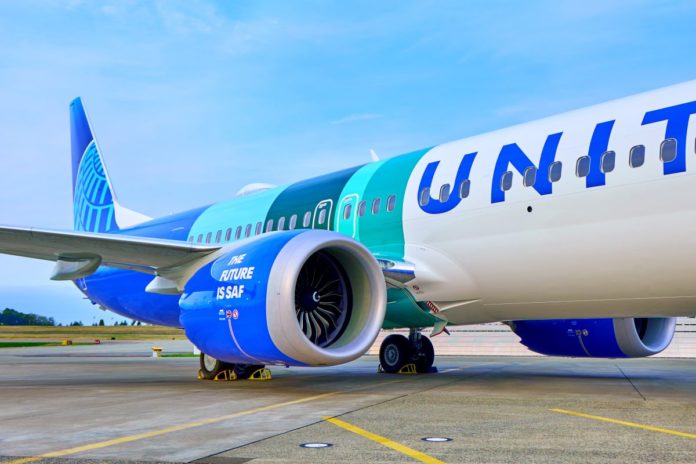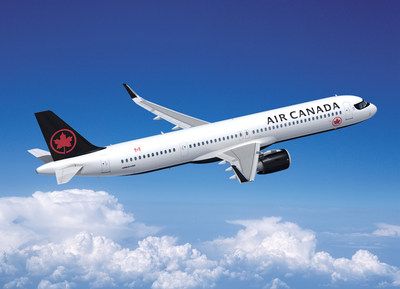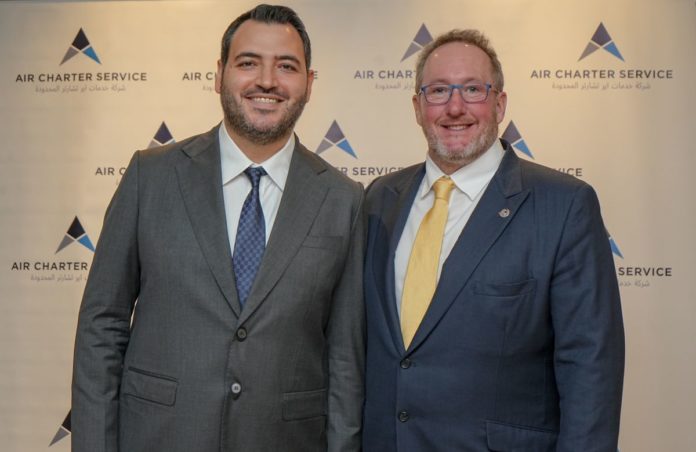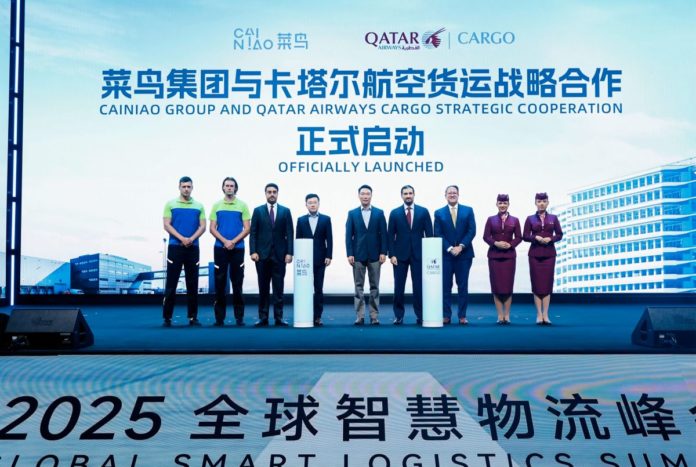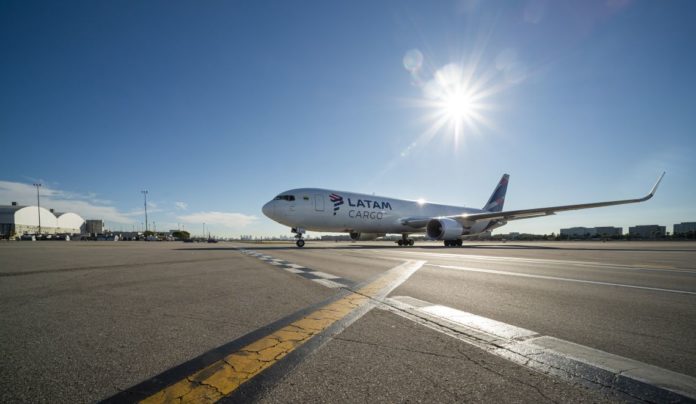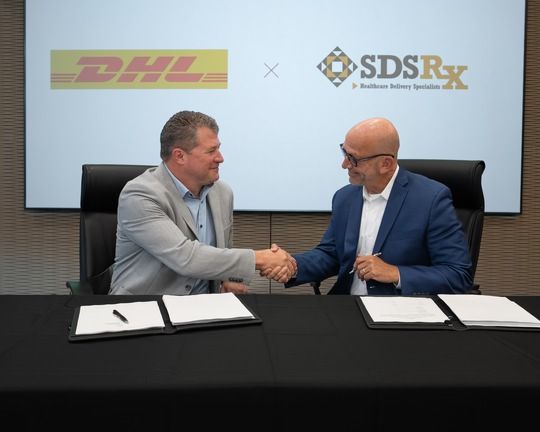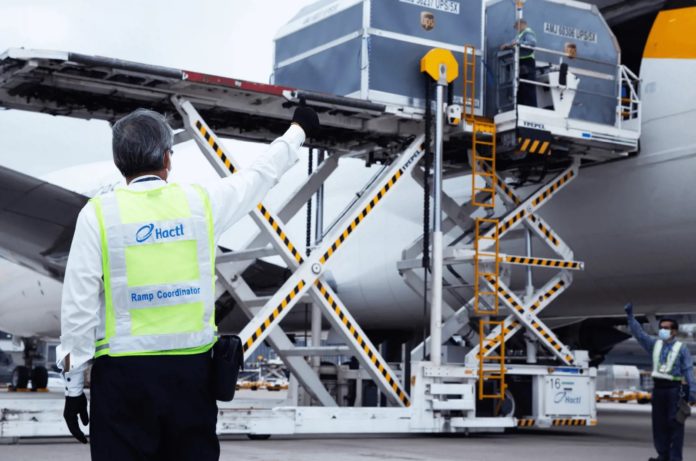DHL Express has inaugurated its new international hub at Barcelona’s El Prat Airport.
The €80 million hub has a sorting capacity of over 20,000 pieces per hour; seven times higher capacity than previous facility. On-site facilities include customs control, individual package monitoring and X-ray equipment.
There are 22 loading positions and nine unloading positions for airfreight containers, as well as 24 truck docks with capacity for up to 120 vans.
The new hub will employ 10% more staff. It features a photovoltaic energy installation for self-consumption, and 37 electric chargers for delivery vans and aircraft assistance equipment. Other measures include a greywater recovery system, tools for controlling and managing the hub’s daily energy consumption, and the use of intelligent LED lighting with automatic programming and presence sensors.
DHL Express has operated its own aircraft at Barcelona Airport since 1995. In the last five years, its activity in Barcelona has grown 30%, driven mainly by international e-commerce.
The new facility is designed to accommodate projected growth over the next 20 years, and also incorporates solutions to minimize environmental impact.
Built on a plot of 29,000sq m with 10,000sq m of warehouse space and 3,000sq m of offices, the new hub is connects international air routes within Europe, America, and North Africa. It also provides links to the Balearic Islands and Andorra. DHL Express operates ten of its own flights at Barcelona and takes space on six intercontinental commercial services. It plans to add a further two of its own flights as well as increase its use of commercial capacity.
It will serve 20,000 customers in Spain, over 20% of them in the local province of Catalonia.
Chief executive of DHL Express Europe, Mike Parra, said: “The new Barcelona hub is a strategic investment built for future growth, reinforcing our role in global trade and supporting DHL Group’s Strategy 2030: Accelerate Sustainable Growth. Designed as a strategic hub within our European network, it is equipped to adapt to an increasingly complex and dynamic global landscape.”
Managing director of DHL Express Spain, Miguel Borrás, added: “The new hub is an investment in our present, but above all, in our future and that of the vast Catalan business network that we have supported for years in its international expansion.”
Senior vice president HUBs at DHL Express Europe, Jesús Sánchez, commented: “Spain plays a strategic role in the DHL Express global network thanks to its advanced logistics infrastructure and its geographical location, which serves as an unrivalled bridge between Europe, Africa, and especially Latin America—a very attractive market for Spanish small and medium-sized enterprises, where we manage up to 150 weekly flights from our country.
“Spain is not only a country in which DHL Express operates; it also serves as a strategic hub for innovation, talent development, sustainability and international expansion, and thereby plays a key role in our global network.”
DHL Express Spain also has hubs in Madrid, and Vitoria and six national gateways at Alicante, Palma de Mallorca, Santiago de Compostela, Seville, Valencia, and the Canary Islands. DHL Express operates 16 of its own aircraft, operating 40 flights per day on 26 routes.
Other major investment by DHL Spain include opening a new operational facility in Girona planned for this year. The company has also planned an investment of more than €40 million in the Basque Country, specifically in Vitoria, to create the second-largest DHL Express aircraft maintenance hangar in Europe (after Leipzig), expected to be operational in 2027.








